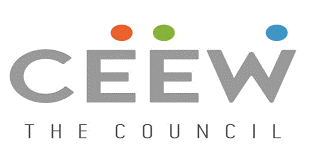Free Courses Sale ends Soon, Get It Now


Free Courses Sale ends Soon, Get It Now



Disclaimer: Copyright infringement not intended.
Context
Findings of the Report
Recommendations made
Implications and Closing Remarks
Council on Energy, Environment and Water
IMPORTANT LINKS:
https://www.iasgyan.in/daily-current-affairs/climate-finance
https://www.iasgyan.in/daily-current-affairs/climate-action-summit-2023
https://www.iasgyan.in/daily-current-affairs/nationally-determined-contributions
https://www.iasgyan.in/daily-current-affairs/indias-updated-nationally-determined
https://www.iasgyan.in/daily-current-affairs/climate-action-summit-2023
https://iasgyan.in/blogs/all-about-intergovernmental-panel-on-climate-changeipcc
https://www.iasgyan.in/daily-current-affairs/ipcc-ar6-synthesis-report
|
PRACTICE QUESTION Q. To fulfill their responsibility as historical emitters and financially capable economies, developed countries must do more than meet the global average in emission reduction. Justify. |
© 2024 iasgyan. All right reserved